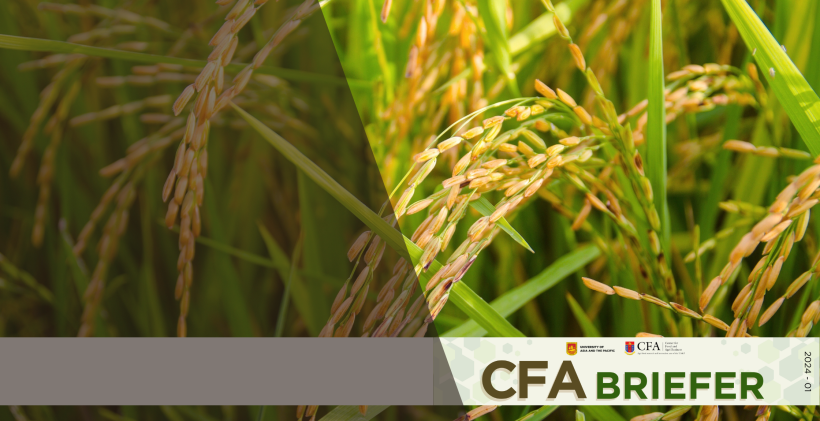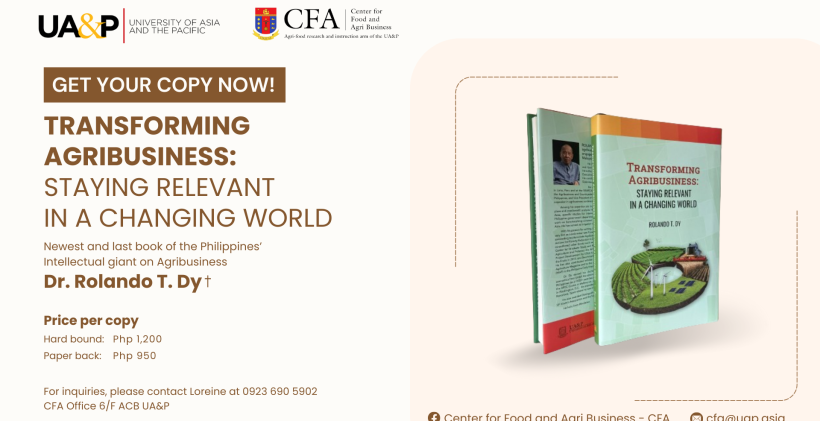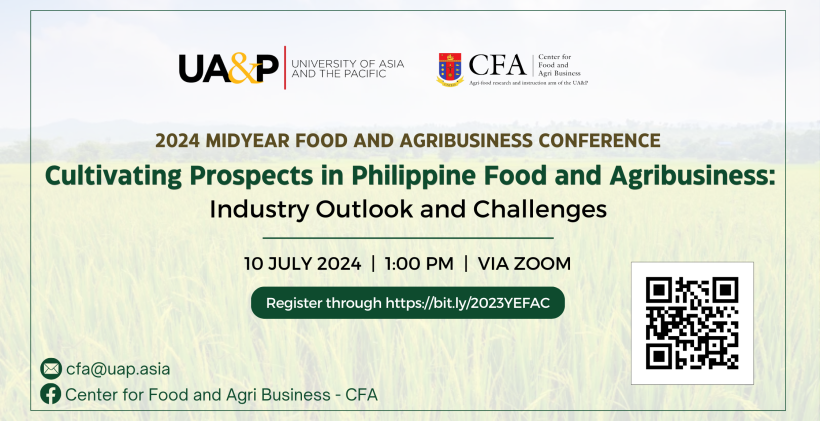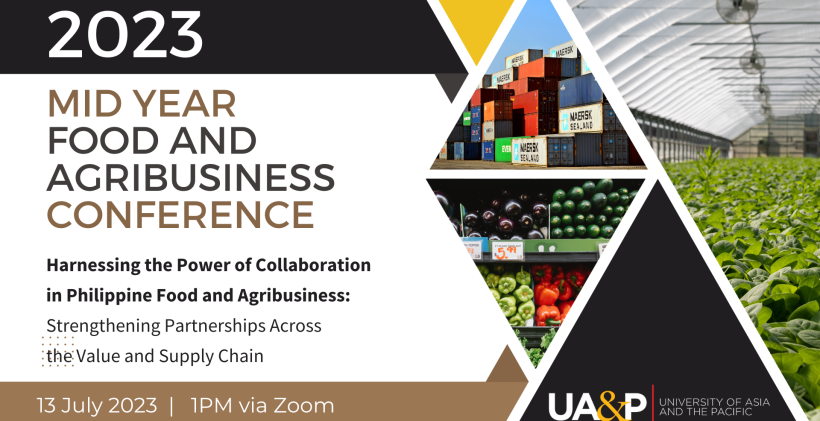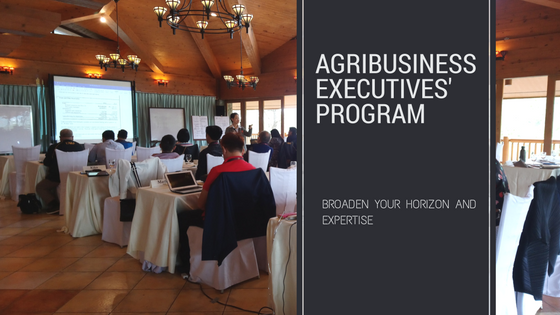Empowering the Next Generation: Emerging Roles and Growth in Philippine Food and Agribusiness
The University of Asia and the Pacific – Center for Food and Agri Business will be having the 2024 Year-End Food and Agribusiness Conference on December 5, 2024 via Zoom with the theme “Empowering the Next Generation: Emerging Roles and Growth in Philippines Food and Agribusiness”. The conference will discuss agricultural innovations, youth and women
